
Creative Music Workshop
David Dove
Dave will lead a session created for teenagers and designed to stimulate a supportive environment for artistic exploration through music improvisation.
Arika have been creating events since 2001. The Archive is space to share the documentation of our work, over 600 events from the past 20 years. Browse the archive by event, artists and collections, explore using theme pairs, or use the index for a comprehensive overview.

Dave will lead a session created for teenagers and designed to stimulate a supportive environment for artistic exploration through music improvisation.
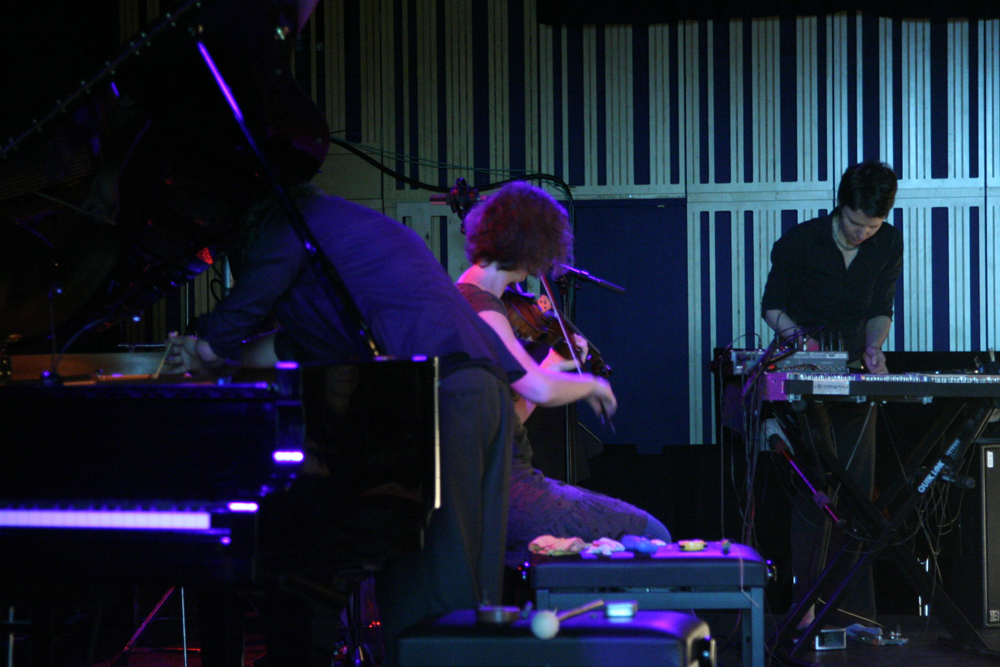
Improvising violinist Angharad Davies performing with pianists Tisha Mukarji and Andrea Neumann.

ACCESS: SOUND FILE A day-long salon accompanying KYTN focusing on sound art.
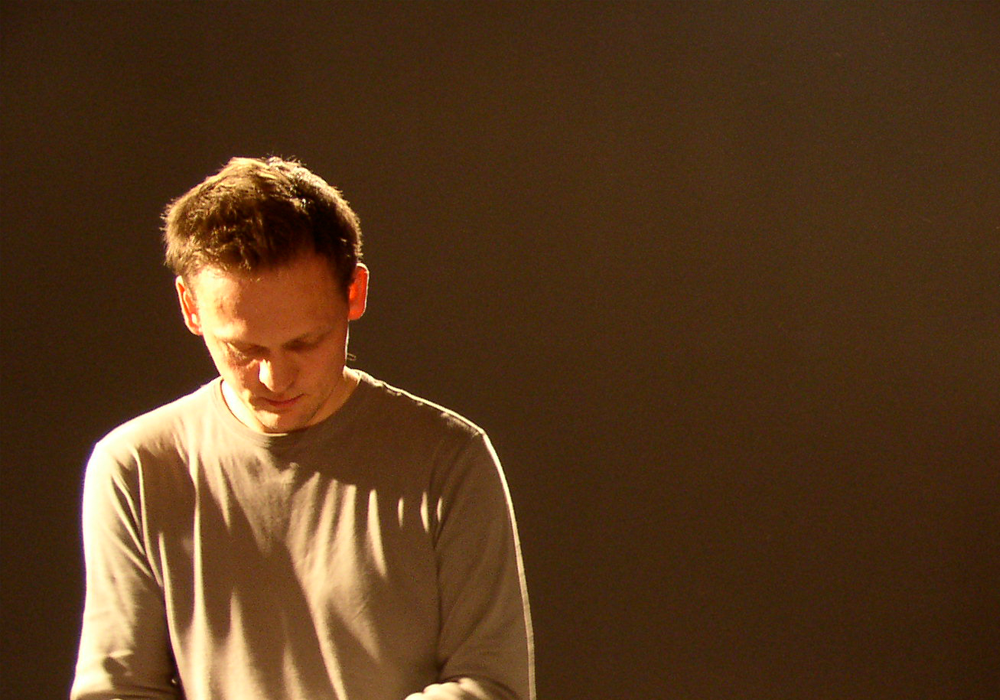
Patented 60 cycle hums, static pops, and terse electron pinpricks mutated into perfect, post-techno grooves and synaesthesic video

How black radical practices of abolition imagine a way out of the caging and mass killing of life.
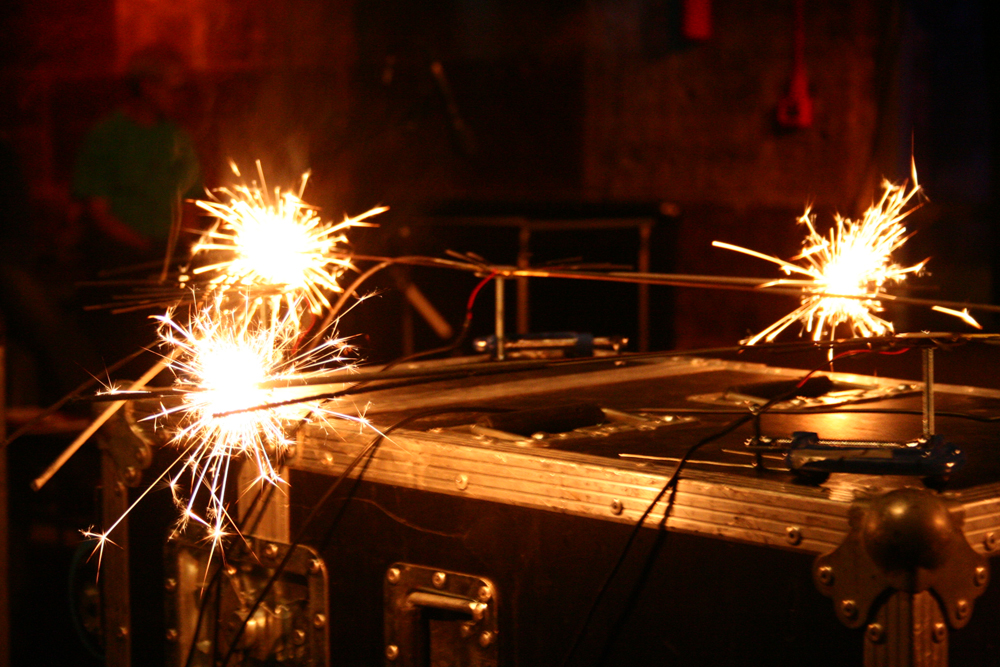
Sonic ‘observations’ of the world, through micro recordings on a tiny scale and transformed into something musically compelling.
Cask-strength electrohypnol/ shroom damaged folk croonings by Lapsed Electronics empire builder responsible for recent Tremors blowouts.
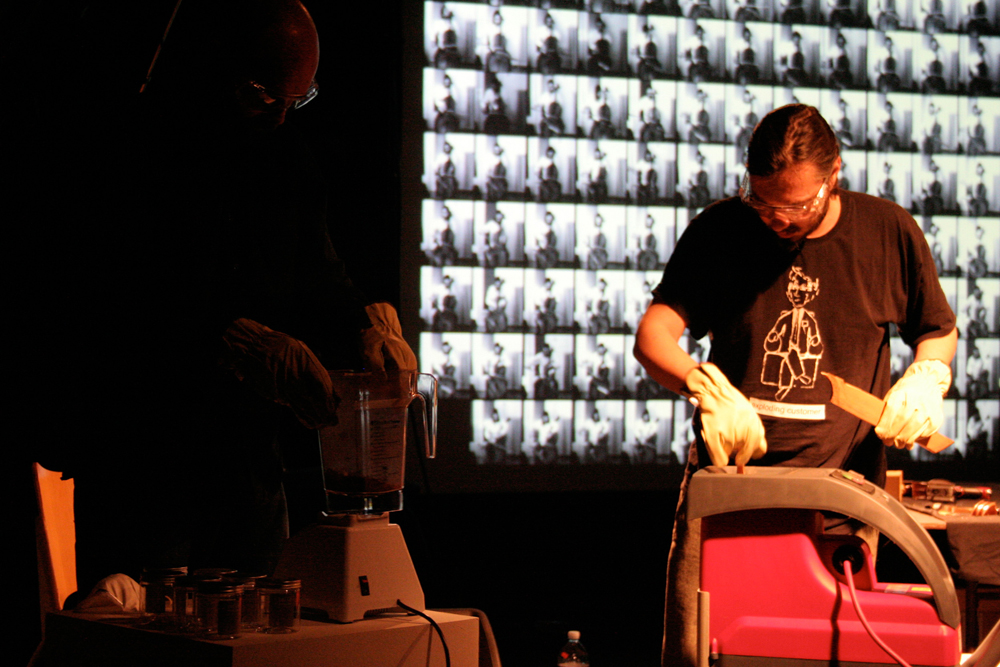
Greek TV company Onos Productions came to INSTAL 09 to document the festival and report on Nikos Veliotis’ Cello Powder performance.

Chip will read some of his great literary pornography, which pushes sexuality to the point of extremity and exhaustion.
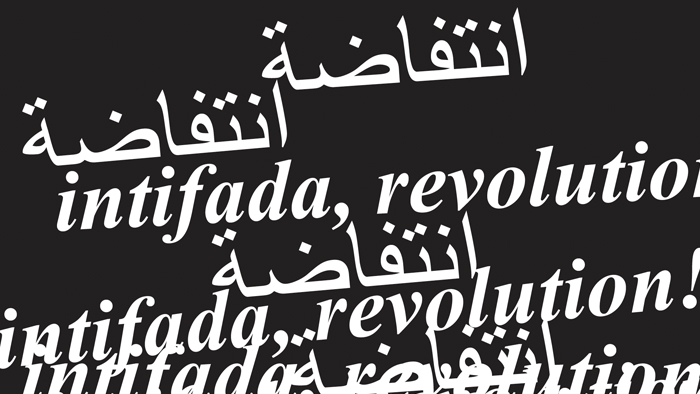
A workshop for educators, activists and young people to think about radical, anti-imperialist pedagogy, and what fighting for the Palestinian cause looks like for young people in the imperial core. PDF of the resource available soon.

Inspired by the supernatural horror of H. P. Lovecraft, black metal and a sense of worry as to what constitutes an object, or a world.

The reknowned artist Kjell Bjørgeengen works collaboratively with innovative musicians to make complex installations. Channels of flickering light are produced in response to and from sound.